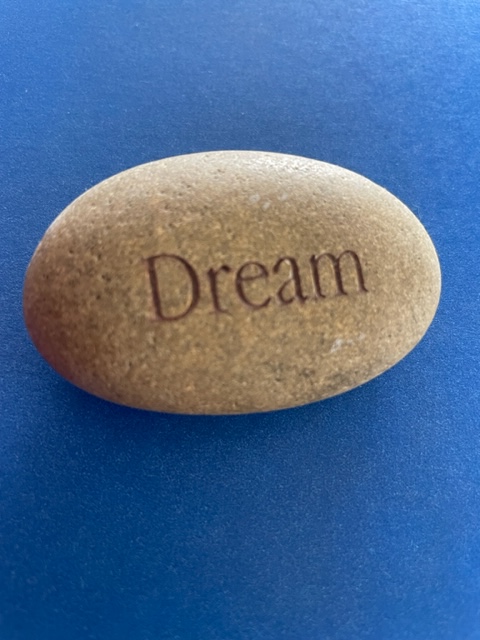
Yet, this self-fulfilling prophecy may come at a cost. We can become addicted to the sleep aid—not because of its inherent addictive properties but because we anticipate a lousy night of sleep if we DON’T take the drug. Our child can’t sleep without their teddy bear. We can’t sleep without our Excedrin PM. Why this type of addiction is much less harmful than physical addiction, it is still constraining our behavior and our choices. Furthermore, some of the over-the-counter drugs can increase our blood pressure or damage the lining of our stomach. So, harm is possible. And addiction of any type is never desirable.
Auxiliary Medications
When considering medications to take when seeking to gain a good night of sleep, it is often helpful to consider the various conditions that influence our ability to sleep. There might be medications (either prescribed or over the counter) to take that indirectly impact sleep. Stomach medications might be of value. It is hard to sleep with an acidy stomach. Headache medications may also be an option. It is hard to sleep with a severe headache. We can get even more elaborate. Prostate medication can help to reduce the urge/need to pee. What about Heart medications? Do we need to consider the use of medications (or various straps, hosiery, braces, etc.) that reduce bodily pains which interfere with sleep?
Conclusions
To sum it up, there is considerable emphasis in our contemporary world on the use of sleep aids. Many dollars have been spent on appliances that might help us find high quality sleep. Even more money is devoted to the marketing of medications that proport to offer us a good night of sleep. There is not overwhelming evidence that any appliance really does the trick. Evidence regarding medications is even less convincing. In his very thoughtful book regarding sleep, Matthew Walker (2017, p. 284) offers the following report regarding a major study of the impact of medications on sleep:
“[M]any individuals experience only a slight increase in “sleep” from . . . [sleep-aiding] medications, and the benefit is more subjective than objective. A recent team of leading medical doctors and researchers examined all published studies to date on newer forms of sedative sleeping pills that most people take. They considered sixty-five separate drug-placebo studies, encompassing almost 4,500 individuals. Overall, participants subjectively felt they fell asleep faster and slept more soundly with fewer awakenings, relative to the placebo. But that’s not what the actual sleep recordings show. There was no difference in how soundly the individuals slept. Both the placebo and the sleeping pills reduced the time it took people to fall asleep (between ten and thirty minutes), but the change was not statistically different between the two. In other words, there was no objective benefit of these sleeping pills beyond that which a placebo offered.”
With Walker’s cautionary report in hand, we return to the overarching themes introduced in this set of essays about pathways to high quality sleep. The sleep-aids identified in this essay are best considered only one set of pathways to sleep. Healthy habits, appropriate preparation for sleep and sleep-inducive bedroom environments can enhance the impact of sleep aids—or even make it unnecessary to employ any aid. The best “aid” after all is to be found inside our own body and mind. We “don’t need no stinking help from strangers!” These “strangers” are the devices we strap to our face and jaw. They are the pills we take before going to bed or in the middle of the night when we can’t fall back to sleep. Like all strangers, they might be helpful or they might do us harm . . .
________________________
References
Cleveland Clinic (2024) CPAP Machine: What It Is, How It Works and Side Effects. Link: CPAP Machine: What It Is, How It Works & Side Effects (clevelandclinic.org) Retrieved October 6, 2024.
Walker, Matthew (2017) Why We Sleep. New York: Scribner.







